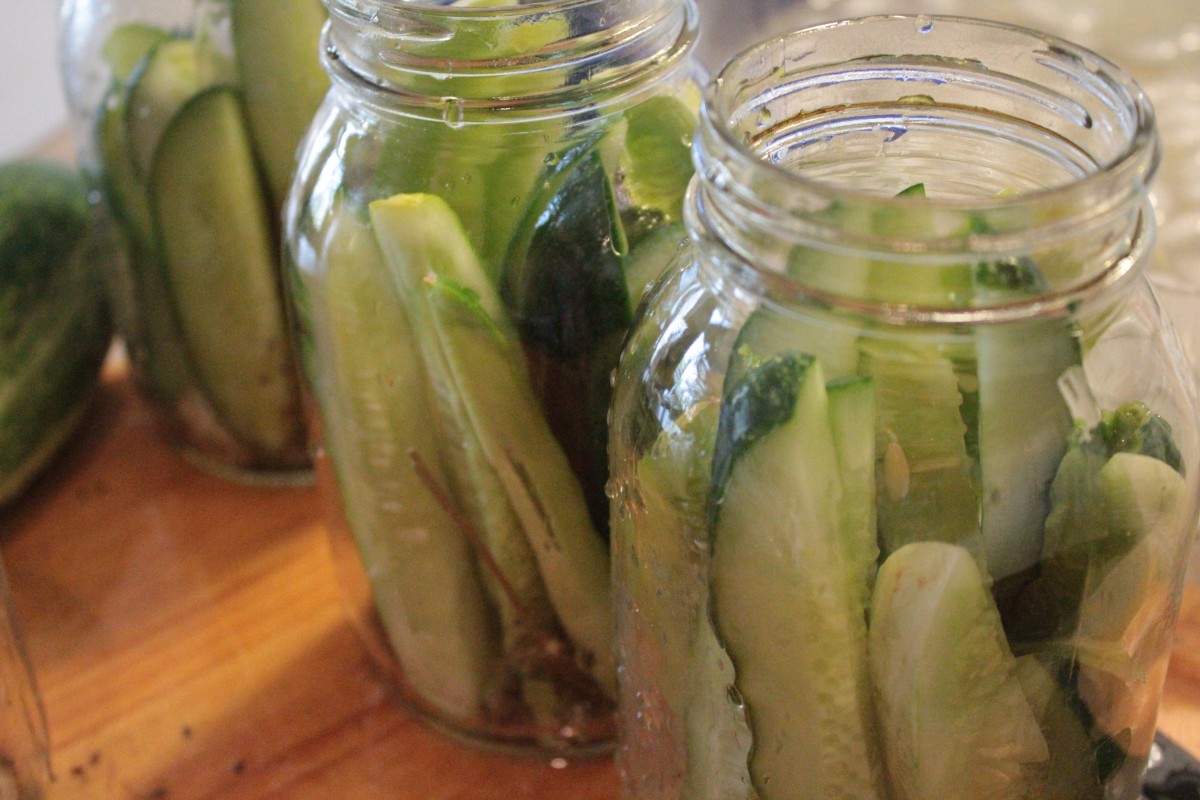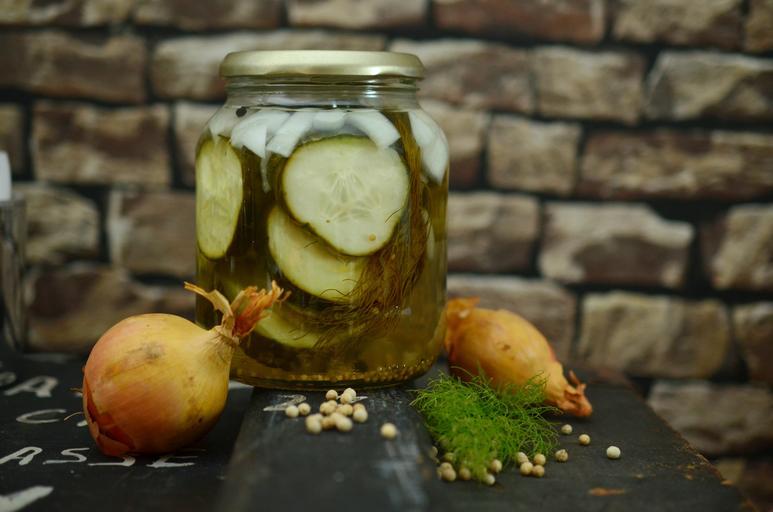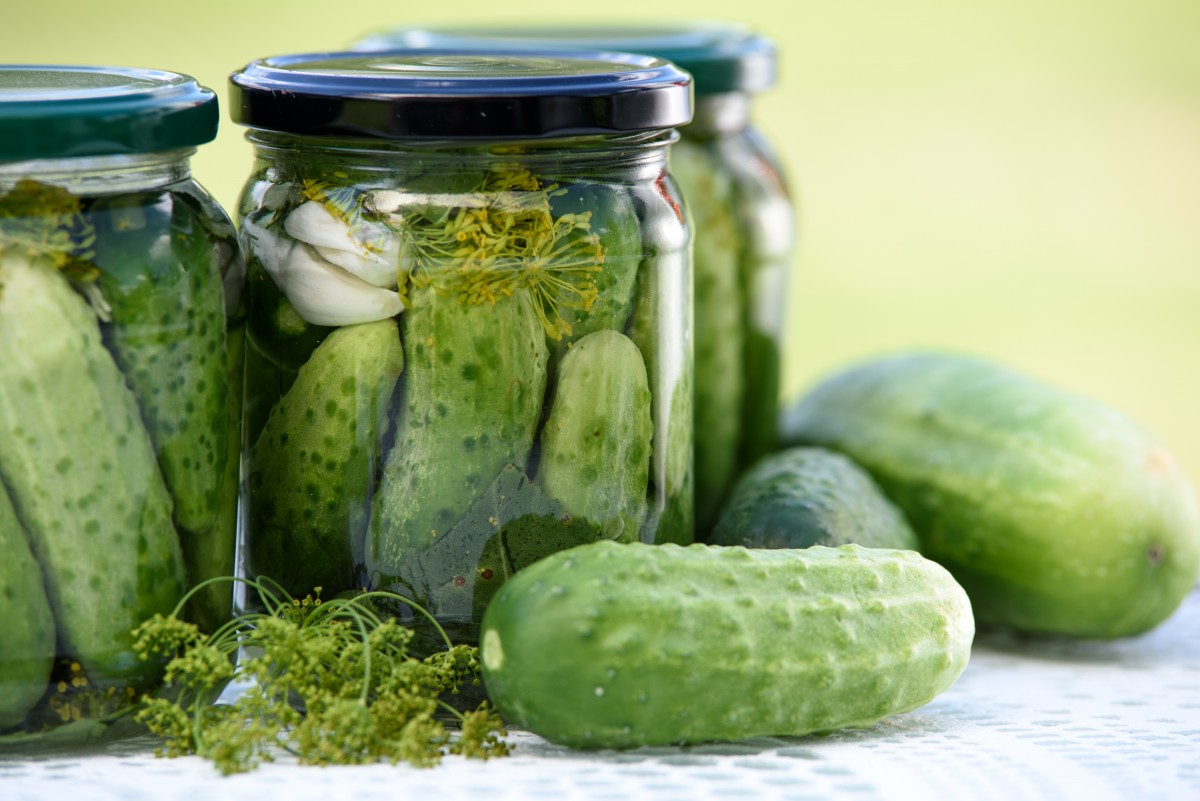6 Things to Know Before Feeding Your Corgi Pickles
In a world where Americans spend an estimated $1 billion on dog treats, every dog owner wants the best for their pet. Of course, you love your corgi, and you may always want to hand your corgi a treat he or she seems to enjoy the most. Pickles are just one example of this. But before you buy that jar of pickles at the store, here are six things you should know before feeding your corgi pickles.
First, let us understand what pickles are.
What are Pickles?

Pickles are cucumbers that are preserved in salt and vinegar or brine. They can also be pickled in a salty liquid in jars. Short story, they’re cucumbers that have been soaked in salt. The salt helps to stop any spoiling from bacteria growing on the food. They are easy to make at home, and they make a snack that dogs will enjoy. The process cannot be completed overnight, but it can be done in a few days or weeks, depending on the quality of flavour you desire.
What Are Some Things You Should Know Before Treating Your Dog To Pickles?
Before you decide to treat your dog to pickles, you must understand the good and the…not so good. Some of these essential things include:
Pickles are rich in Vitamin A and K
Pickles can be healthy for your dog when given in moderation. Pickles are very rich in vitamins A, and K. Vitamin A is responsible for good vision, while Vitamin K helps with blood clotting. It also contains a lot of calcium which helps keep bones strong.
Pickles contain probiotics that bolster the number of good bacteria in the gut and aid digestion. Lethargy, excessive thirst, excessive drooling, joint diseases, and weight loss can be signs of deficiency in these vitamins. A test must always be taken to determine deficiencies because a high dose can be dangerous.
Pickles Contain Potassium

Pickles are a product of cucumber. Cucumbers are a great source of potassium. Potassium is an essential mineral that your dog needs for multiple reasons. Most dogs need loads of it, much more than the average human does. Potassium is an important electrolyte mineral that helps maintain heart function and digestive health in dogs.
Potassium also works to maintain the electrical activity in your dog’s muscles by helping him or her contract them. When your dog is not getting enough of these essential nutrients, you may notice that they are constantly tired and don’t want to eat.
Pickles Contains Fiber Which Can Boost Immune System
Dogs tend to get sick and infected easily. Pickles are an effective remedy in boosting the immune system of your dog. It serves as a laxative that can help in the digestion process of your dog. Pickles contain cellulose that firm the stool. It also helps in treating hemorrhoid’s for your dog because it has diuretic properties. Dietary fiber also helps in preventing heart diseases, constipation, and fat gain in dogs.
Pickles Contain High Quantity of Sodium

Pickles are good for health. They are high in fiber and provide relief from sore throats, bad breath, constipation, heart problems and also help with digestion. However, most dogs cannot have pickles in high quantities as they contain a lot of sodium which can cause dehydration and excessive thirst in dogs which can lead to constant urination.
There is also a risk of pancreatitis and high blood pressure when you feed your dog with excess pickles. This is because sodium fats become hard to break down, and the pancreas can no longer function properly. In addition, a dog in this situation is likely to walk awkwardly because he or she is uncomfortable.
Pickles that Contain Spices Like Onions, Garlic, and White Vinegar That are Toxic to Dogs
These pickles are great for humans to eat, but they may not be that great for your dog. Onions or garlic in pickles can cause anemia in your dog as well as heart problems. Vinegar is hard for a dog’s body to digest and most likely causes acid reflux. While they may taste good to humans, they should only be given to dogs in moderation.
Pickles Can Upset the Gastrointestinal tract in Dogs When Fed in Excess
You could be forgiven for thinking that the juicy crunchiness of a pickle and the cool refreshment it offers in summer months makes it a delicious treat to offer your dog. The truth is, however, that overindulging your dog with pickles can tip the balance in its gastrointestinal system and make your pup feel downright ill.
If the symptoms are severe, antibiotics (e.g., metronidazole, ampicillin) may be administered. Medical treatments for gastroenteritis typically include Rehydration and the restoration of an electrolyte balance in the blood.
Should I Treat My Dog to Pickles?
Giving your dog a treat can be an excellent way to reward them when they do well with their training. It’s also a great way of simply making them feel good. Pickles are just one of several treats. Pickles are not necessarily a danger to your dog. But they can result in conditions that can be dangerous to your dog. If you must feed your dog pickles for any reason (e.g., a lack of options at the moment), then it should not be given excessively.
Conclusion
Pickles can technically be given to your dog if they contain non-spiced additives. However, most veterinarians advise against it and instead recommend choosing to give your pet a cucumber.
While there are some health benefits, a few dangers can arise when you treat your dog to pickles. As mentioned above, pickles are not harmful to dogs, but the pickling process can be potentially harmful to your canine friend. You must have these in mind when deciding to treat your dogs with pickles. Alternatively, there are other healthy snacks you can treat your dog to if you want to avoid a potential health situation for your pet.










